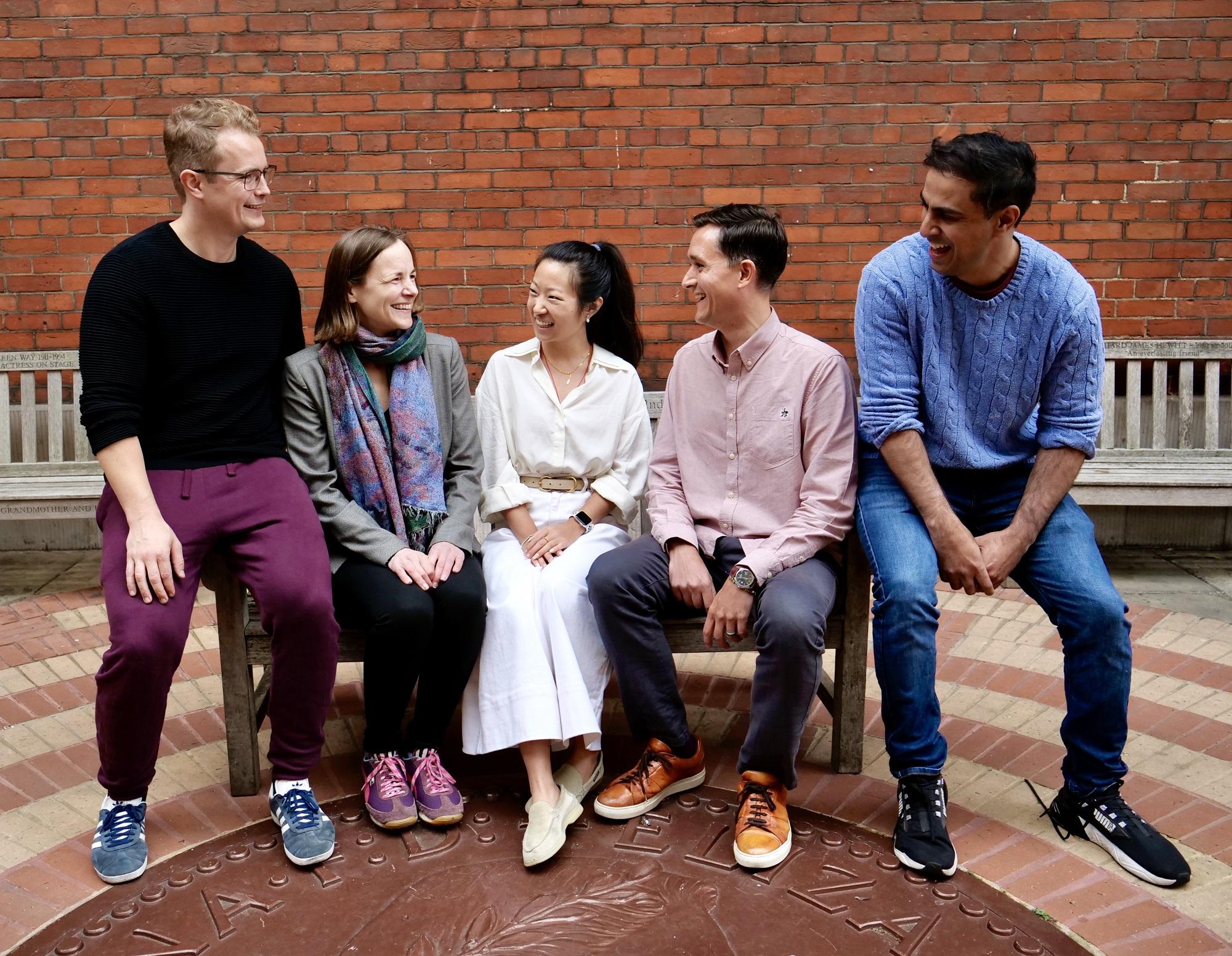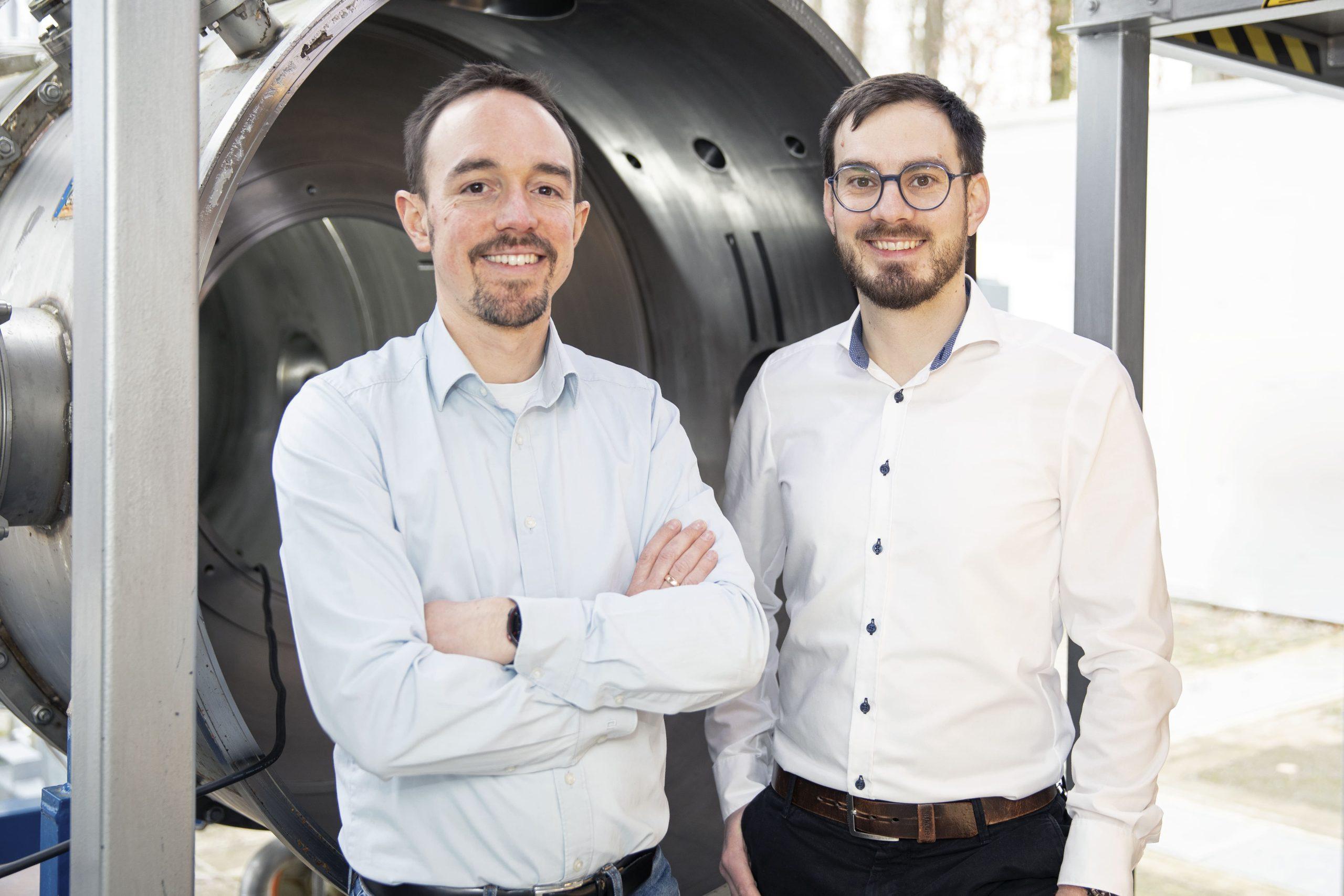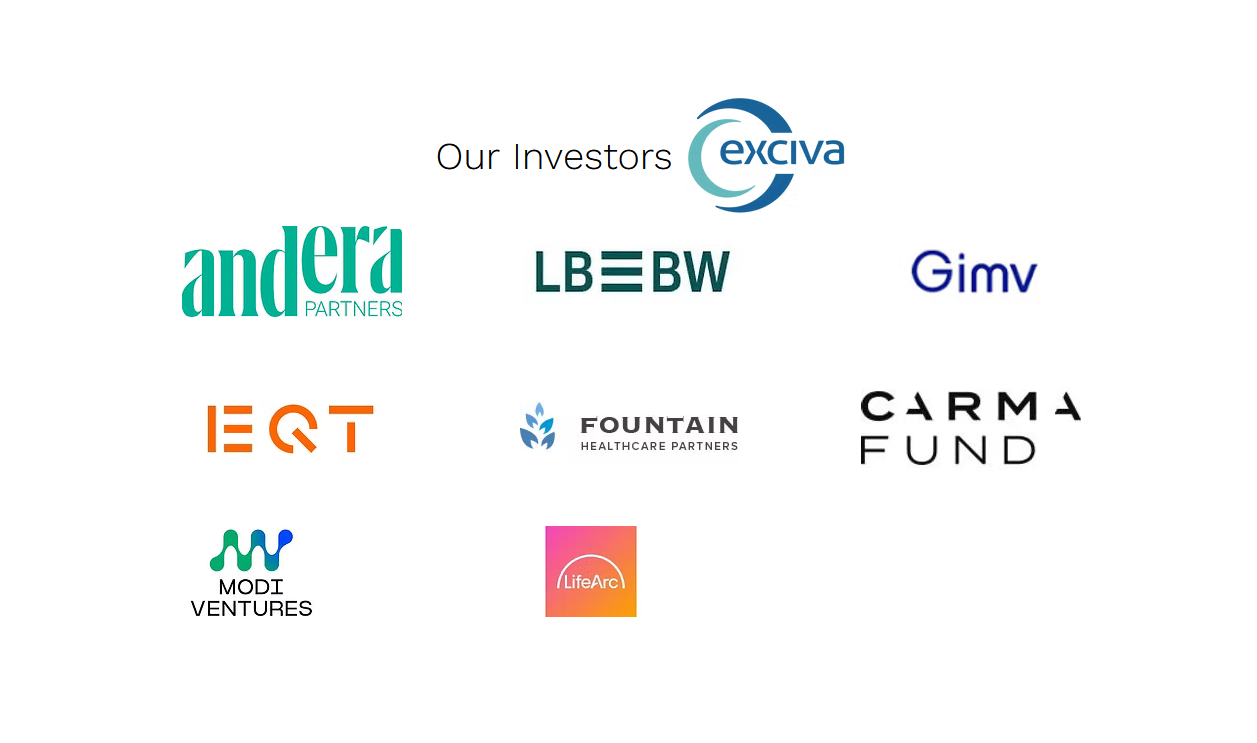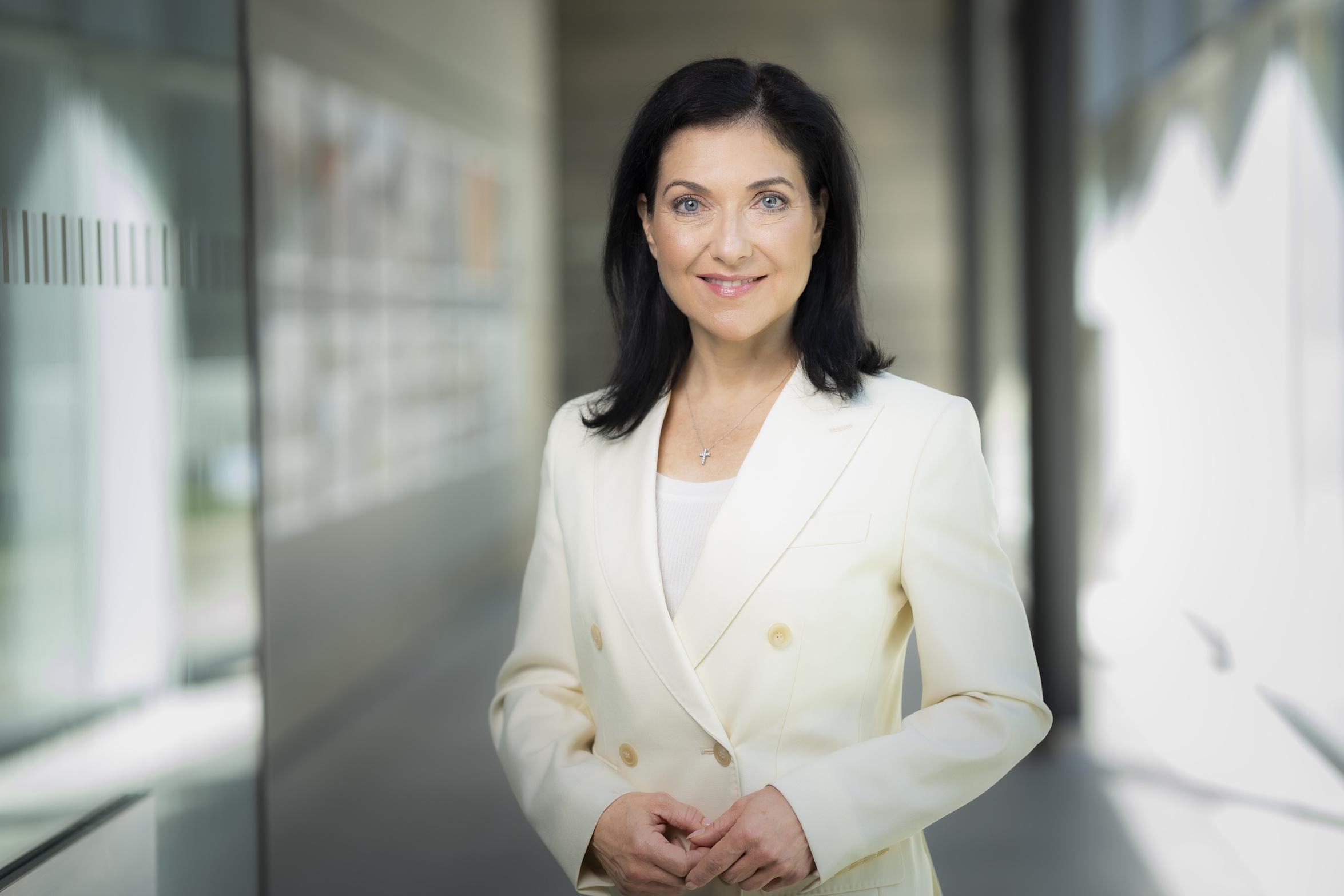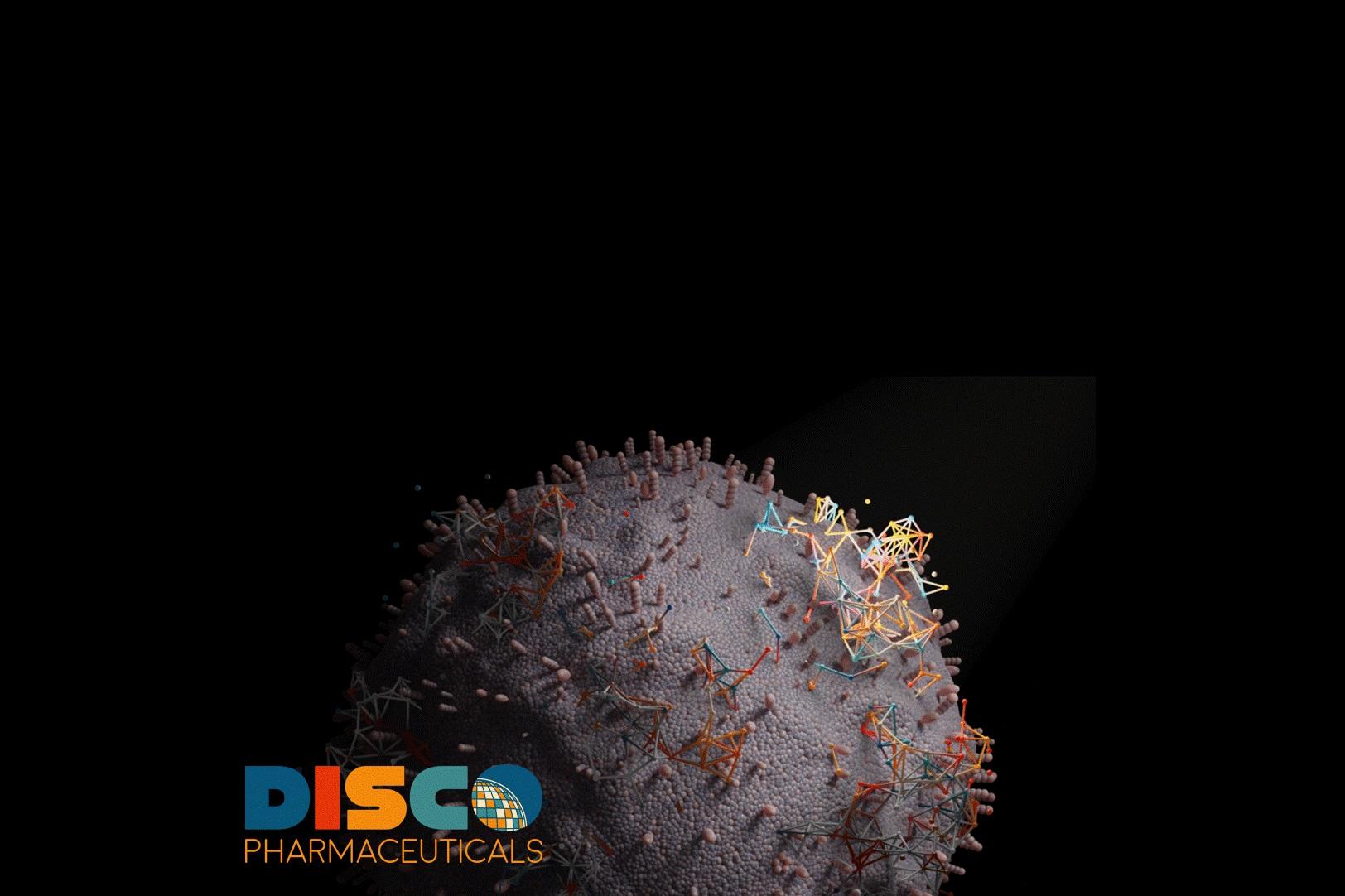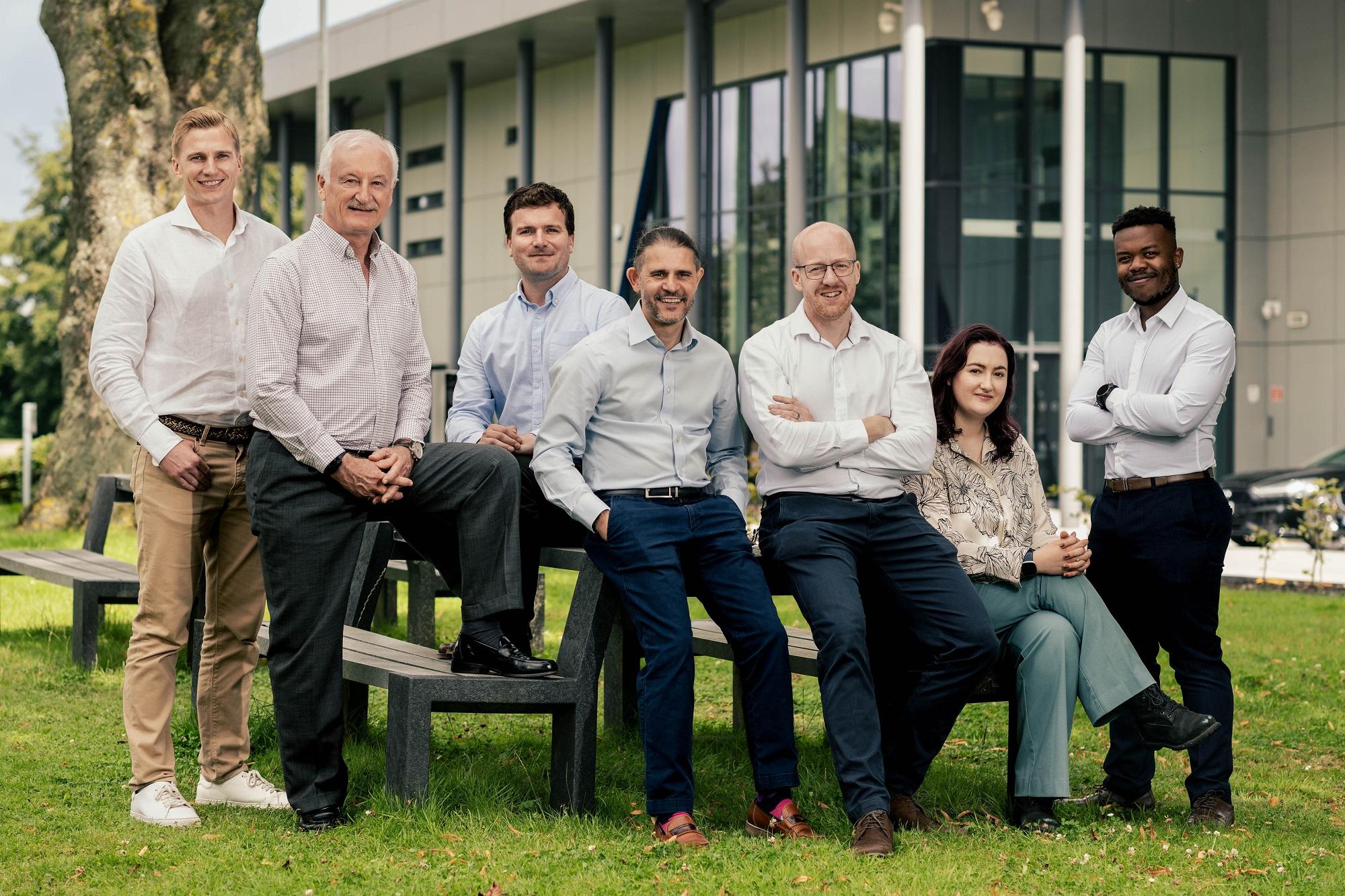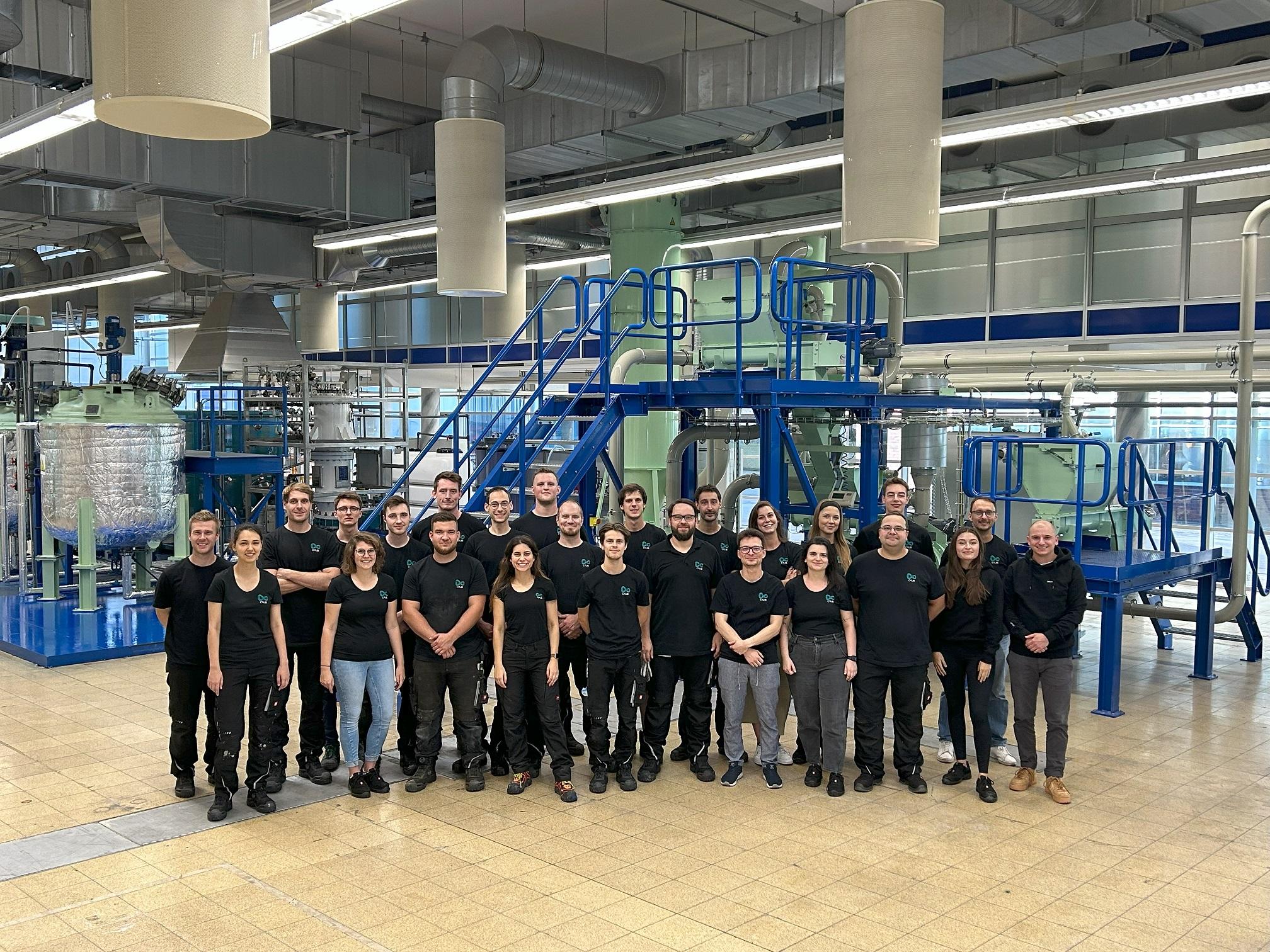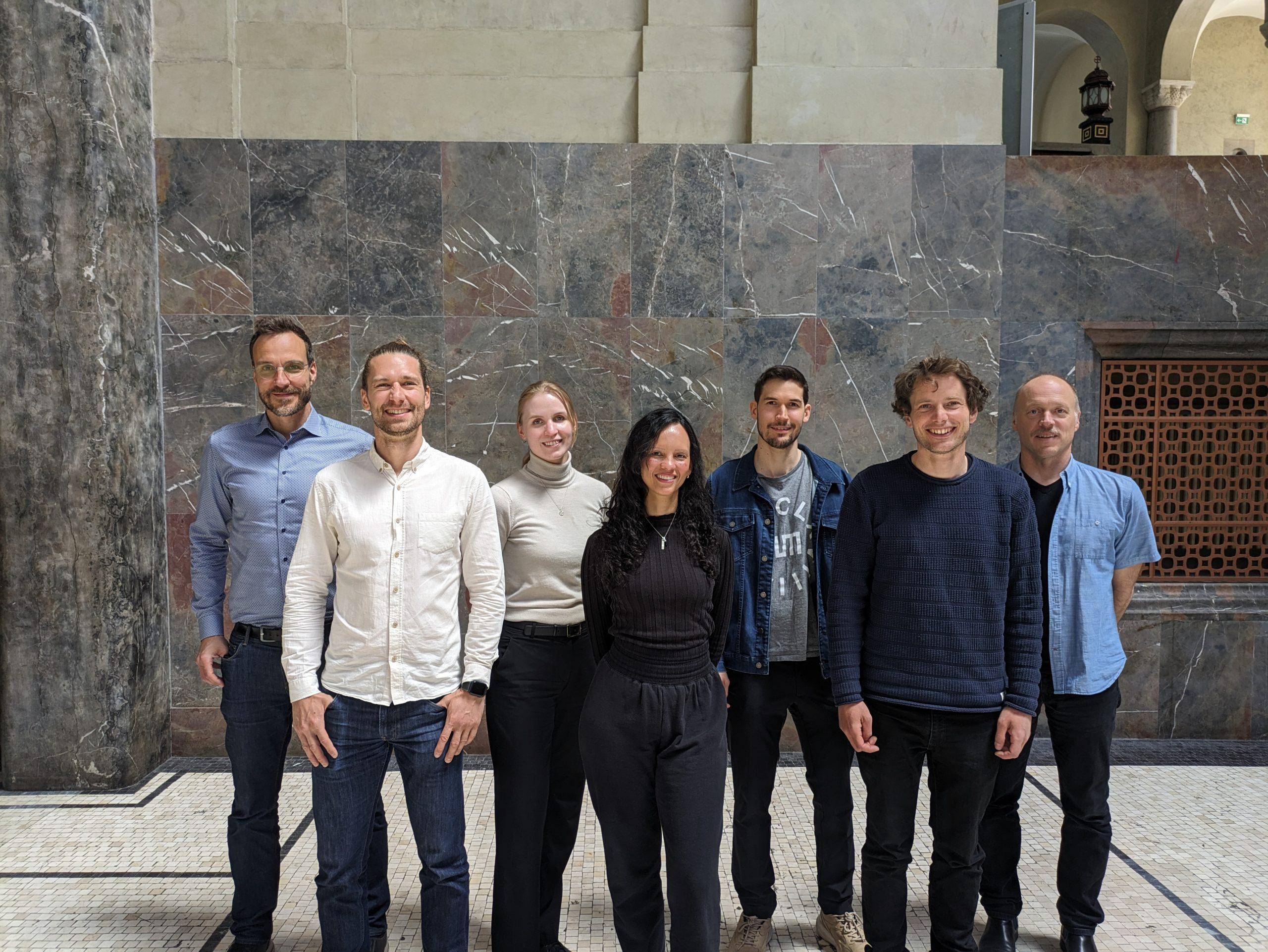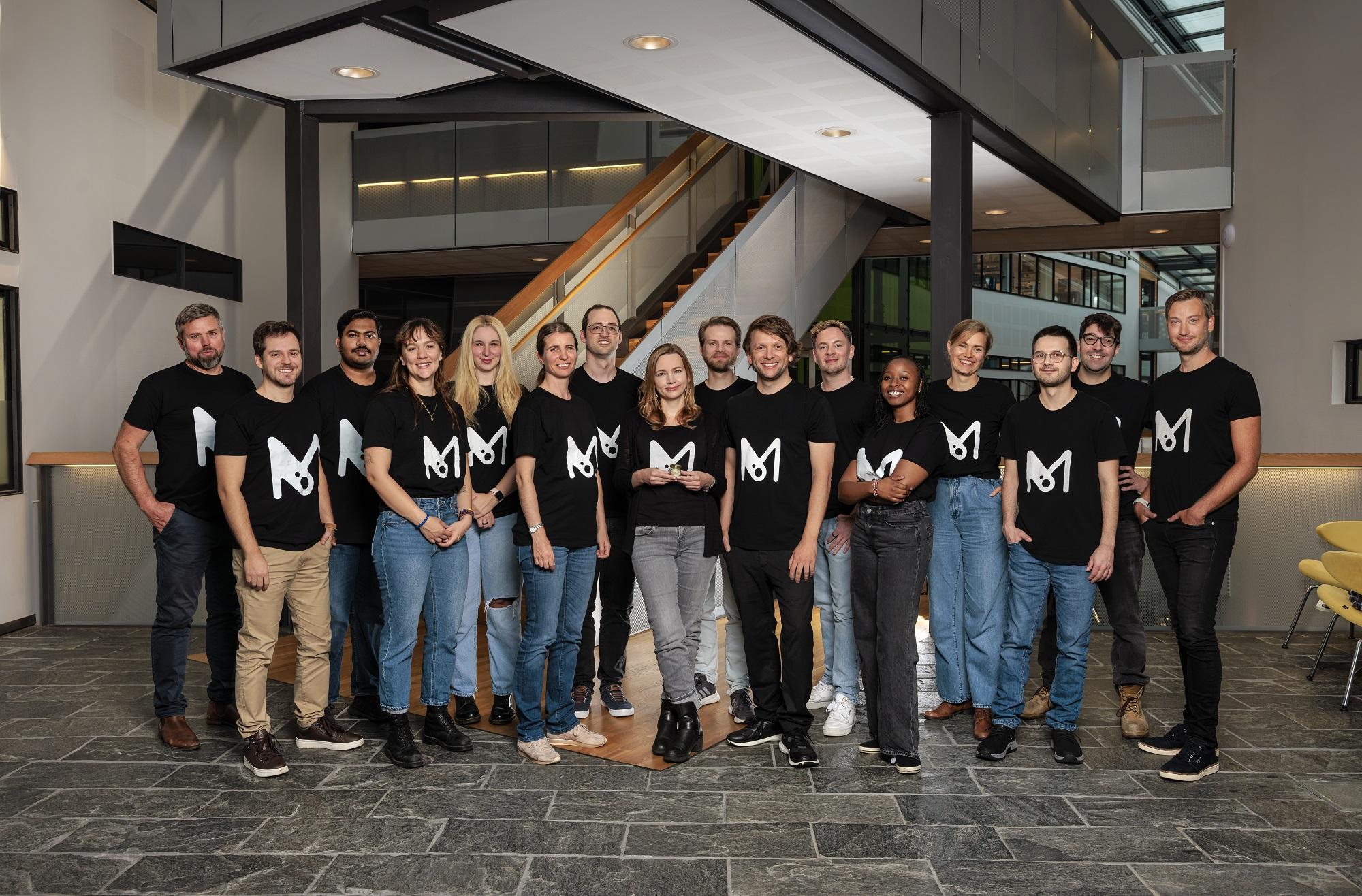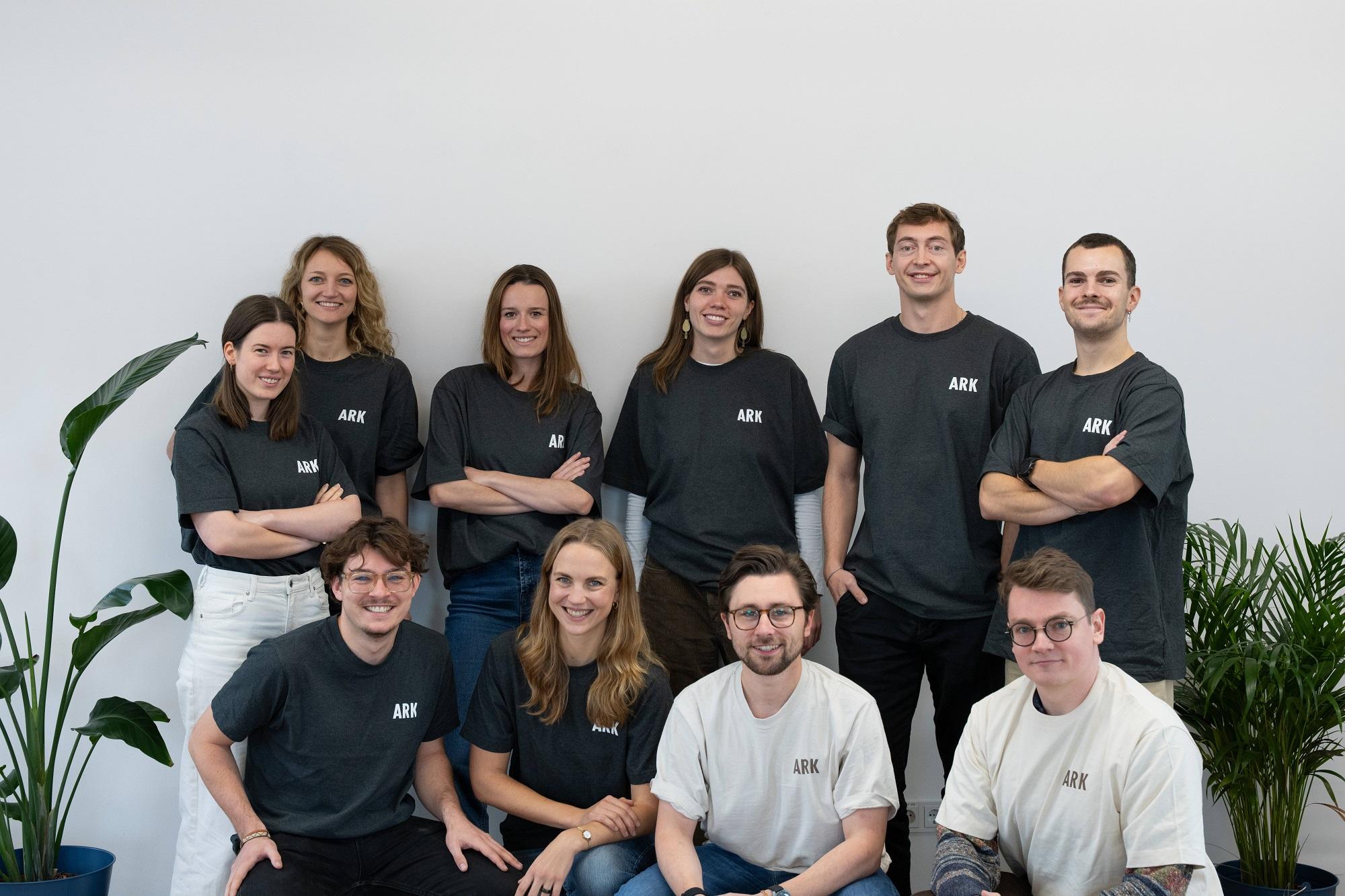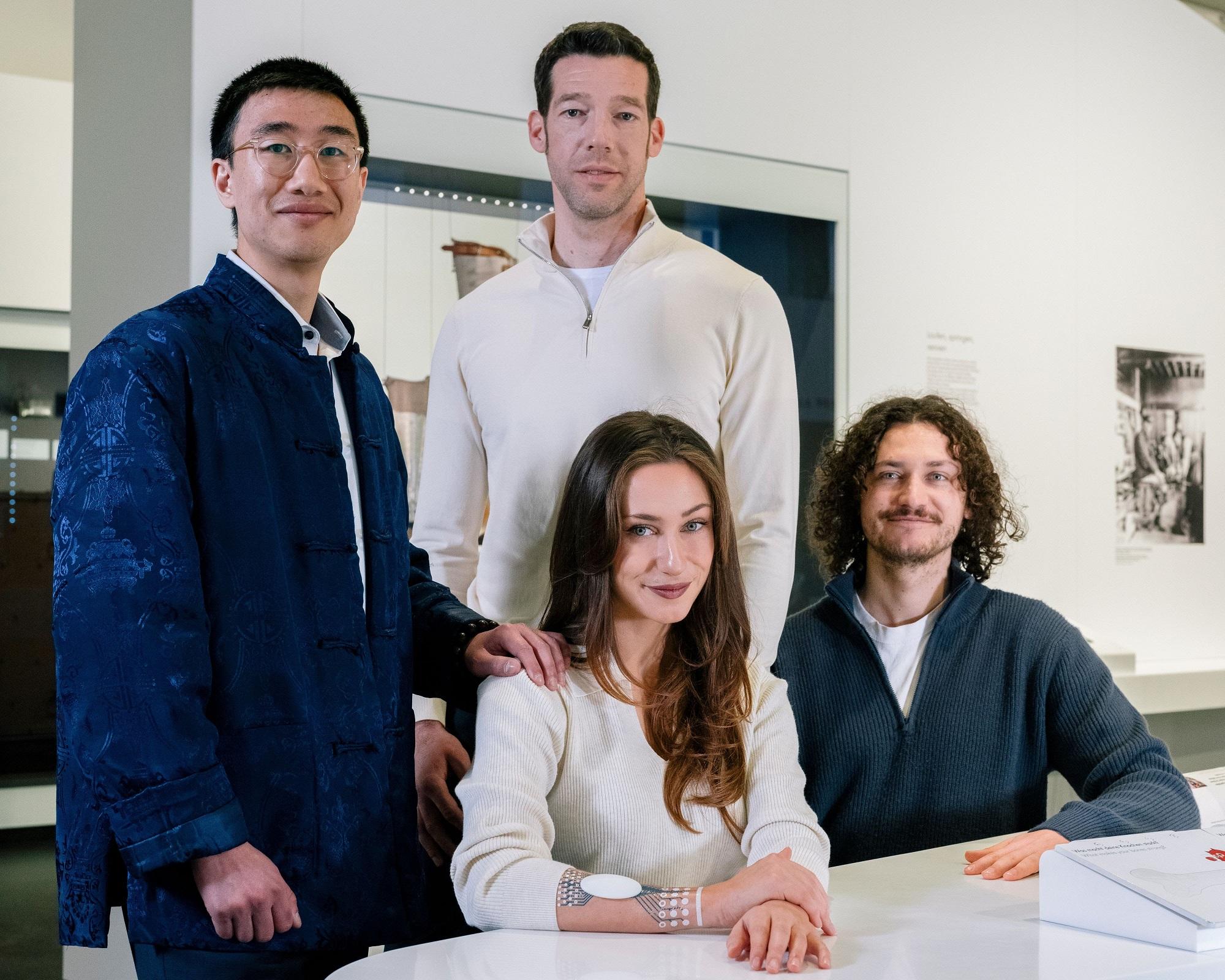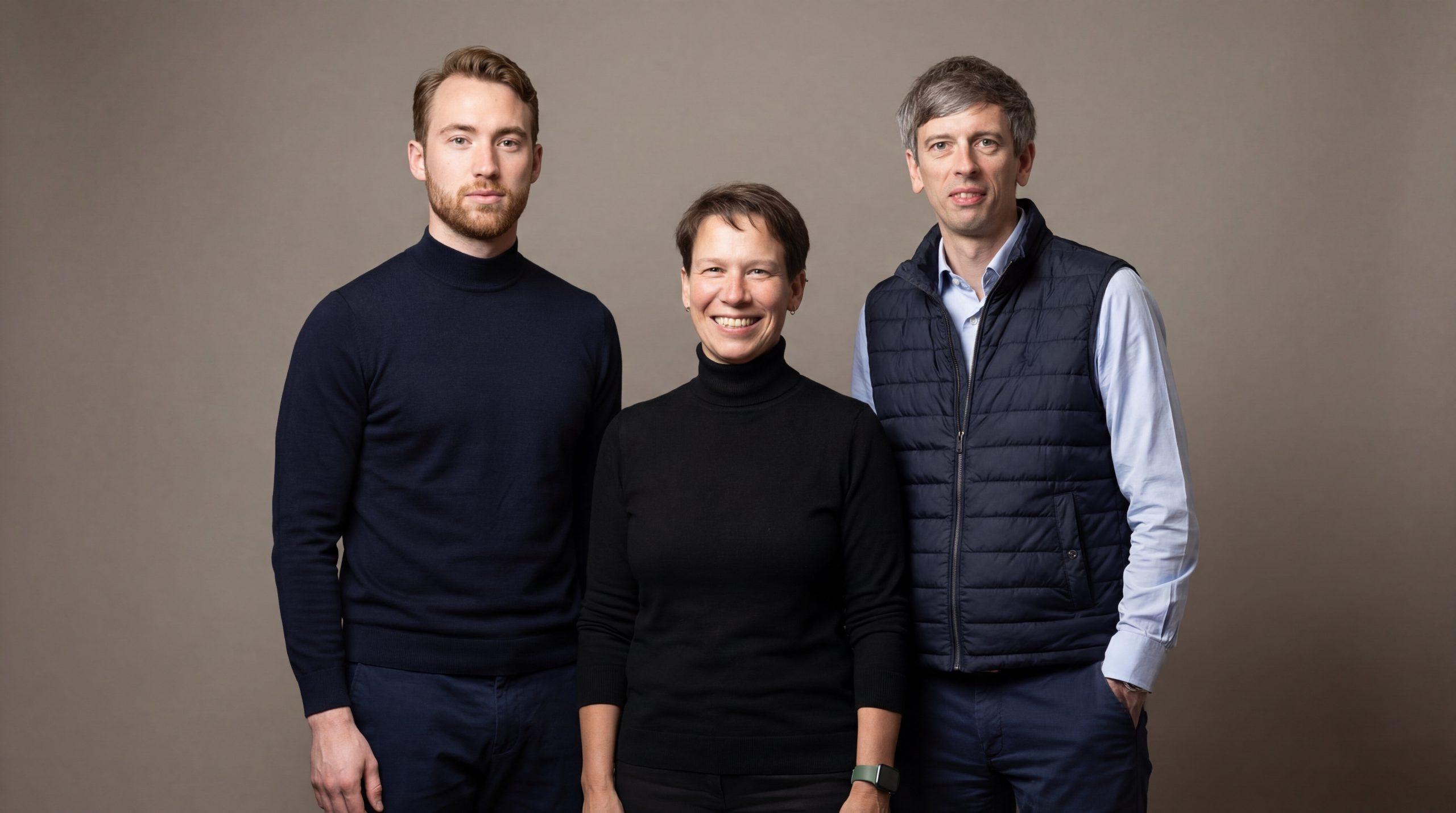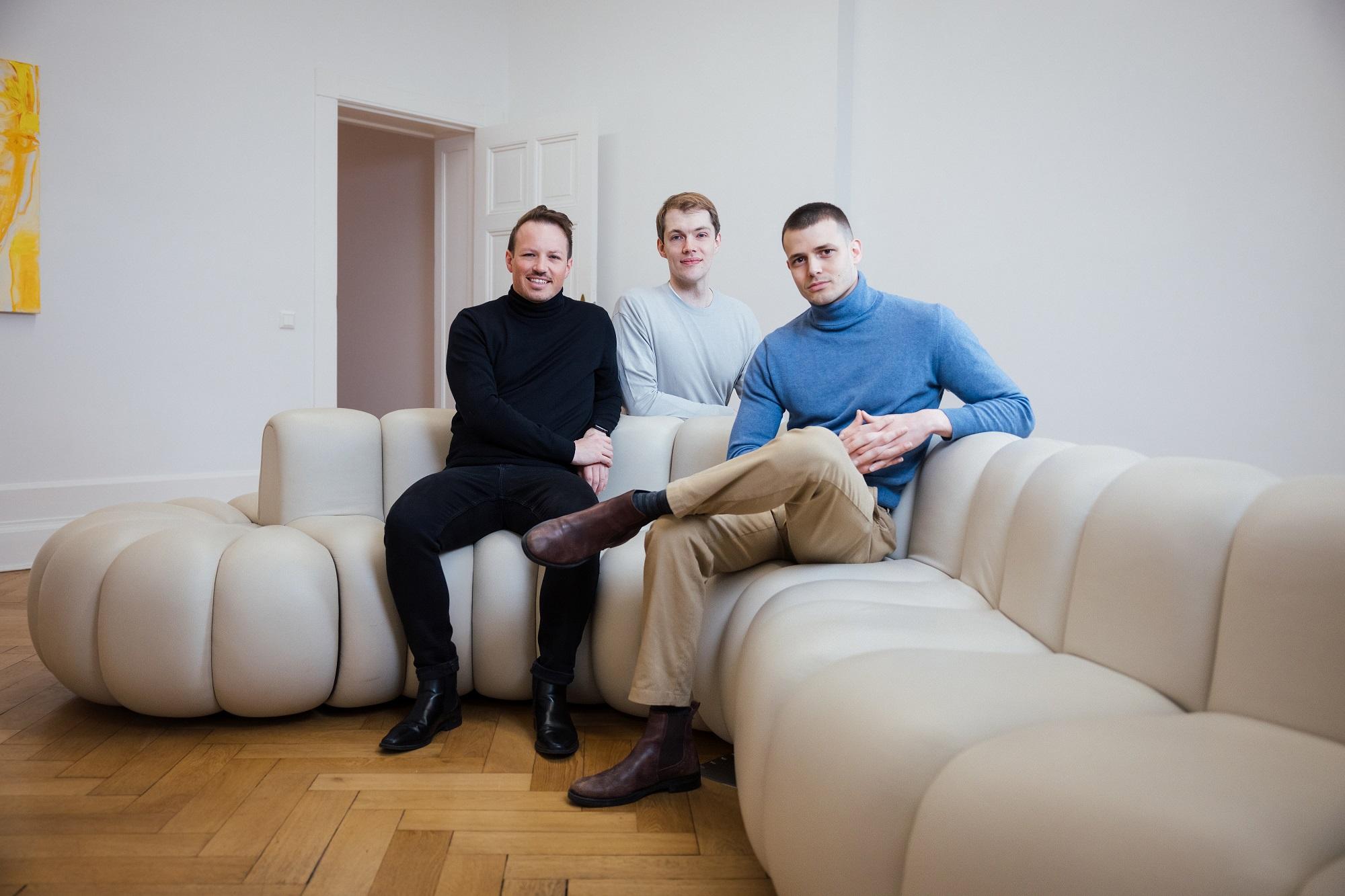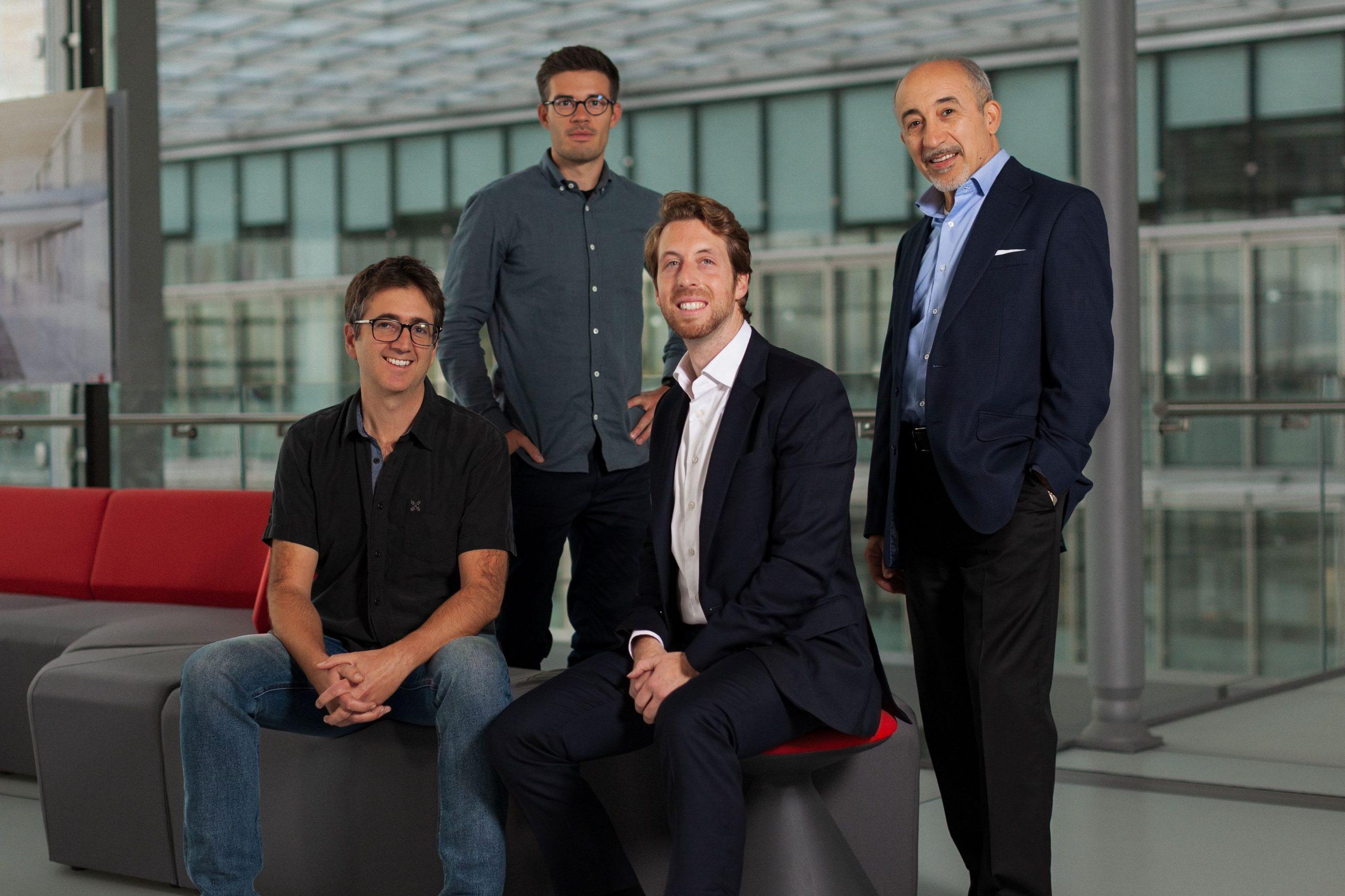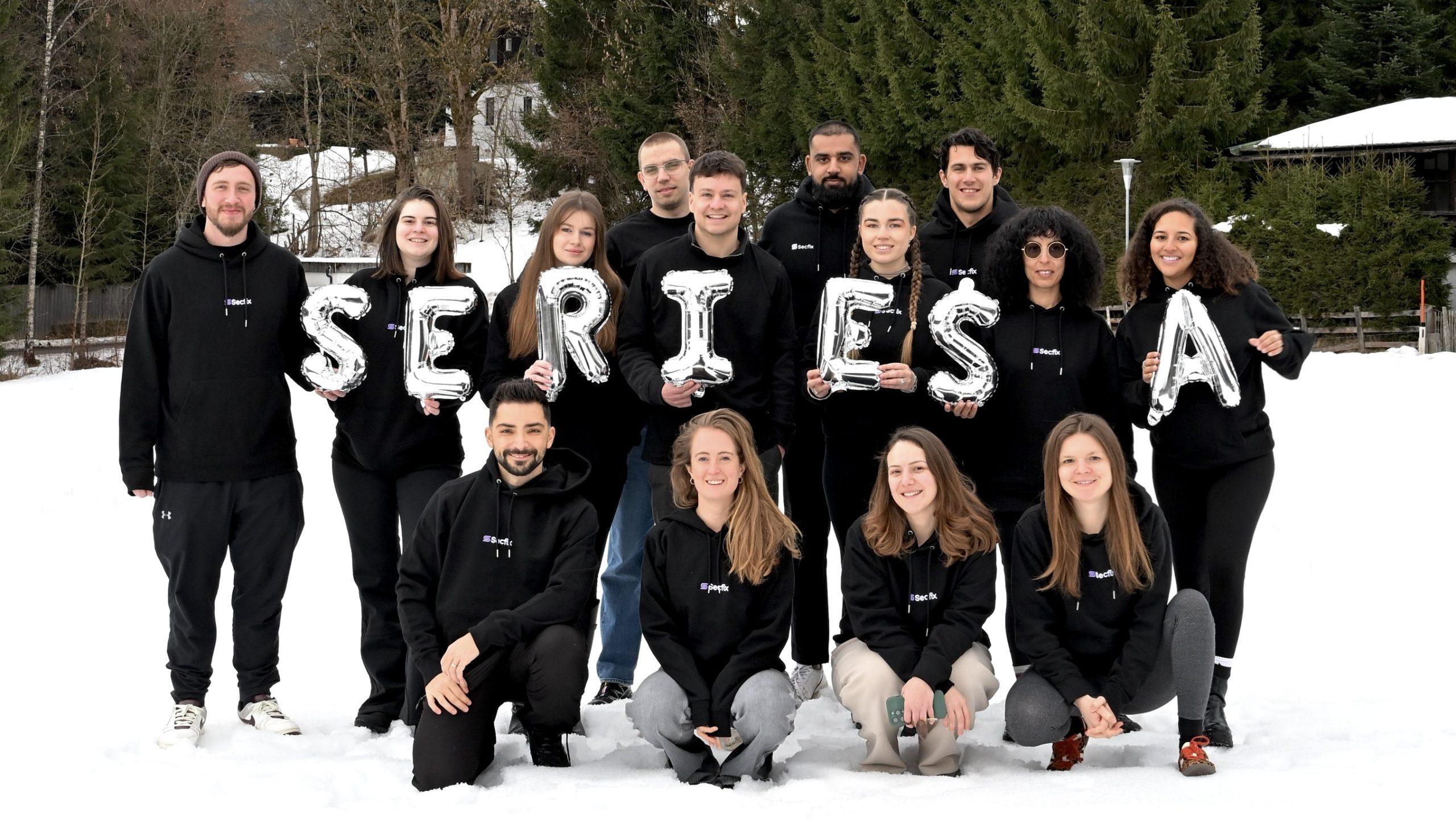Cellugy receives 8.1 million euros to scale up sustainable microplastic alternative in cosmetic products

The Danish biotech start-up Cellugy has received EU funding of 8.1 million euros to scale up the production of its innovative material EcoFLEXY. The funding comes from the LIFE program, the European Union's central funding instrument for environmental and climate protection projects.
With the BIOCARE4LIFE project, Cellugy aims to accelerate the commercial market entry of its bio-based, biodegradable materials. Specifically, the company plans to use the rheological active ingredient EcoFLEXY Rheo to replace fossil-based ingredients in skincare, cosmetics and other products.
Alternative to fossil carbomers
EcoFLEXY Rheo is the world's first high-performance, fully bio-based and biodegradable rheology modifier. The product replaces so-called carbomers. These are fossil polymers that are considered microplastics in the cosmetics industry and are classified as particularly problematic under the EU REACH Regulation.
Cellugy is thus addressing a highly regulated market: according to Cellugy, around 70% of the global €2.8 billion market for rheology modifiers is still based on fossil, non-degradable ingredients.
Market potential due to regulation and sustainability pressure
According to Cellugy, the market dynamics are clear: the EU-wide ban on microplastics and restrictions on "forever chemicals" such as PFAS threaten the cosmetics industry with sales losses of up to 12 billion euros. Cellugy wants to offer not only an ecological, but also an economic solution.
It is not enough just to be more sustainable. Only when bio-based materials are also more efficient and economically scalable will the industry really make the switch.
Dr. Isabel Alvarez-Martos, CEO and co-founder of Cellugy
Saving up to 1,289 tons of microplastics per year
According to project calculations, the use of EcoFLEXY can replace up to 259 tons of microplastics per year. Cellugy could thus pave the way for ecologically compatible care products in mass markets.
Cellugy has put together a specialized consortium for the project:
- The Footprint Firm is responsible for sustainability validation and alignment with circular principles.
- Sci2sci, a Berlin-based start-up, is contributing expertise in AI-based process optimization, for example to increase efficiency in fermentation and supply chain planning.
Scaling as a key challenge - and opportunity
Biotech scaling is complex, but that's where the real impact comes from
Angelina Lesnikova, CEO of Sci2sci
The aim is for EcoFLEXY to be able to compete with petrochemical products in terms of cost and functionality and not just in terms of its environmental promise.
Commercialization within 3-5 years
The new capital will be used over the next four years to expand production, optimize processes and enter the market. Cellugy plans to achieve significant sales within three to five years. CEO Alvarez-Martos is determined:"We want to displace fossil ingredients from an industry worth billions and now we have the means to do so."
Cellugy shows how green biotechnology is becoming scalable
With a strong scientific basis, strategic partners and EU funding, Cellugy is taking the next step in the transformation of the cosmetics industry. EcoFLEXY could become a model case of how clean beauty and deep tech can jointly transform an industry with scalable impact.

Newsletter
Startups, stories and stats from the German startup ecosystem straight to your inbox. Subscribe with 2 clicks. Noice.
LinkedIn ConnectFYI: English edition available
Hello my friend, have you been stranded on the German edition of Startbase? At least your browser tells us, that you do not speak German - so maybe you would like to switch to the English edition instead?
FYI: Deutsche Edition verfügbar
Hallo mein Freund, du befindest dich auf der Englischen Edition der Startbase und laut deinem Browser sprichst du eigentlich auch Deutsch. Magst du die Sprache wechseln?
